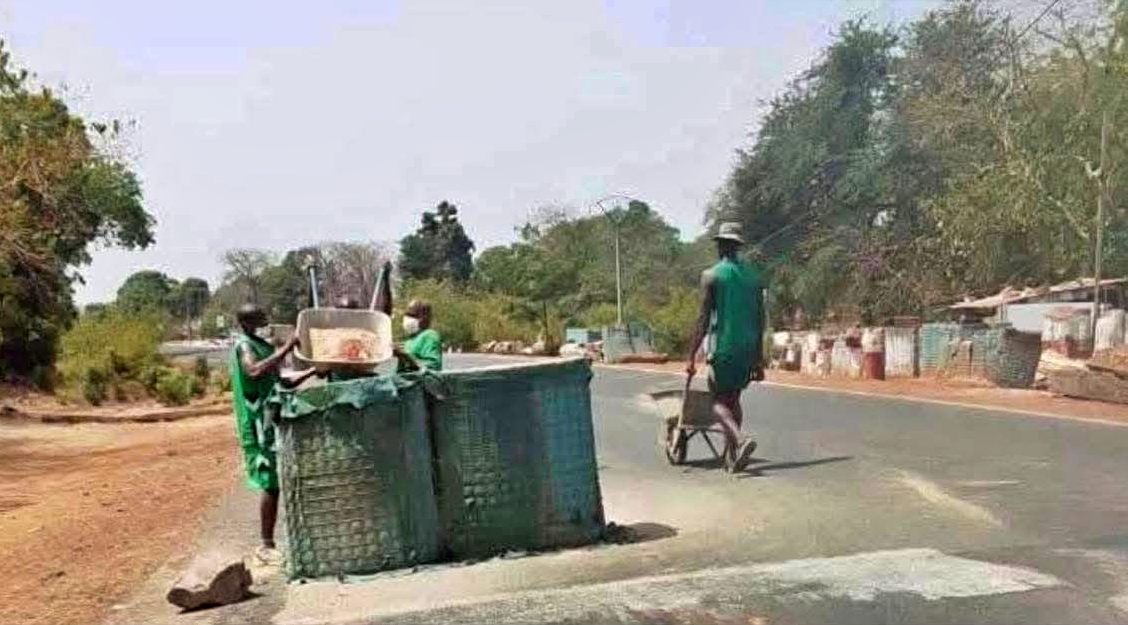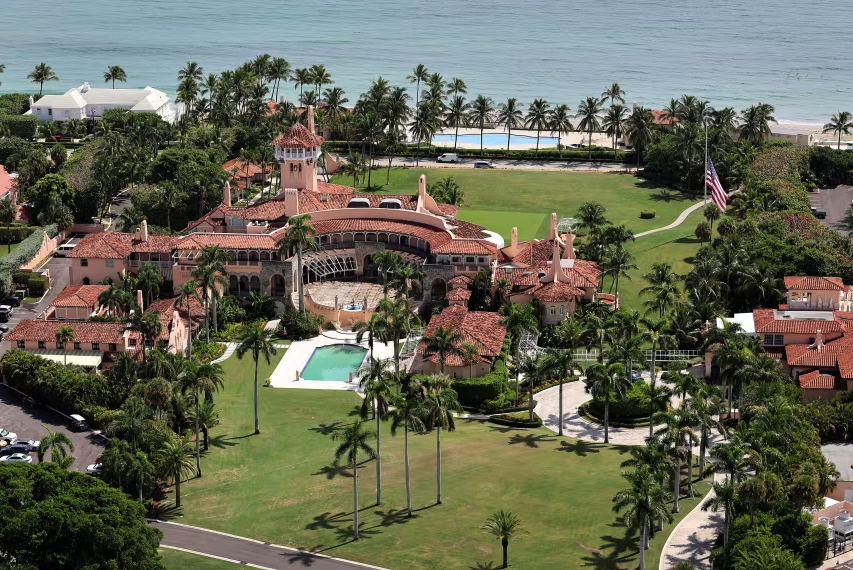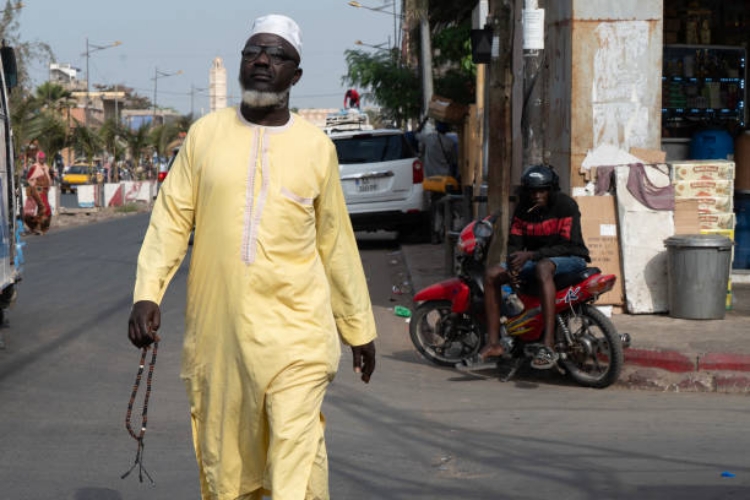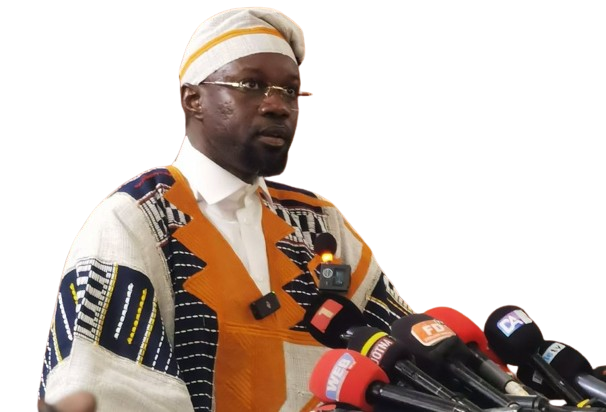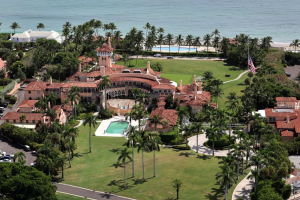Gambiaj.com – DAKAR, Senegal – Since his appointment as head of Senegal’s government last April, Prime Minister Ousmane Sonko has been at the center of numerous controversies. His recent remarks on the wearing of the veil in Catholic private schools have sparked a fresh wave of debate and condemnation in Senegal, a country constitutionally secular.
Prime Minister Sonko declared, “The state will no longer accept that girls wearing the veil are rejected in some schools in Senegal. We are in a country of tolerance.” This statement, however, has reopened a sensitive issue that was settled in 2019 through dialogue and compromise.
Senegal’s National Council of Secularism, in a communiqué released on Sunday, August 4, 2024, defended Catholic private schools against Sonko’s comments. The Council described his proposals as “indelicate” and harmful to religious sensitivities. Sonko had threatened to “no longer tolerate” schools that refuse admission to veiled girls, prompting widespread backlash.
The Council highlighted the historic role of Catholic schools in Senegal’s education system, stressing their commitment to pluralism and coexistence. They pointed out that these schools educate 120,000 students from diverse backgrounds and that their rules, including the prohibition of the veil, must be respected.
Highly respected religious leader Oustaz Alioune Sall was one of the first to respond, stating, “It would be irrational to want to enroll your child in an institution where Islam is not prioritized and to impose the wearing of the veil that is forbidden.” He emphasized that institutions have the right to enforce their internal regulations, and parents and students must respect these rules.
For the religious leader, all institutions have internal regulations that students and parents are bound to respect. “The essential issue is not whether to allow veils, but rather to invest in creating schools where our religion can be taught. It’s about investing in great Islamic schools where our children can learn their religion—schools that belong to us,” the notorious Ustaz argued.
Monsignor André Guèye, Bishop of Thiès and Apostolic Administrator of the Diocese of Saint Louis, strongly condemned Sonko’s remarks. He emphasized parents’ rights to choose an education consistent with their religious convictions and the necessity for students to comply with the regulations of their chosen institutions.
“Firstly, parents have the intangible right to choose educational options that align with their religious beliefs and to enroll their children in specific institutions. Our nation offers a wide range of choices, from confessional schools to public schools, including secular institutions. Parents and students must adhere to the educational policies of their chosen institutions. Consequently, those who have selected Catholic schools are fully aware of the implications of their decision, including the prohibition against wearing veils,” Catholic bishop Monsignor André Guèye stated.
Alioune Tine, founder of the Think-Tank Afrikajom Center, called for the state to restore serenity and mutual understanding through dialogue. He warned against unnecessary polemics and urged political authorities to strengthen the exemplary relations between Muslims and Catholics in Senegal.
The controversy surrounding Prime Minister Sonko’s remarks underscores the delicate balance between religious tolerance and the autonomy of educational institutions. As Senegal navigates this debate, the emphasis on dialogue and mutual respect remains crucial to maintaining social harmony.



